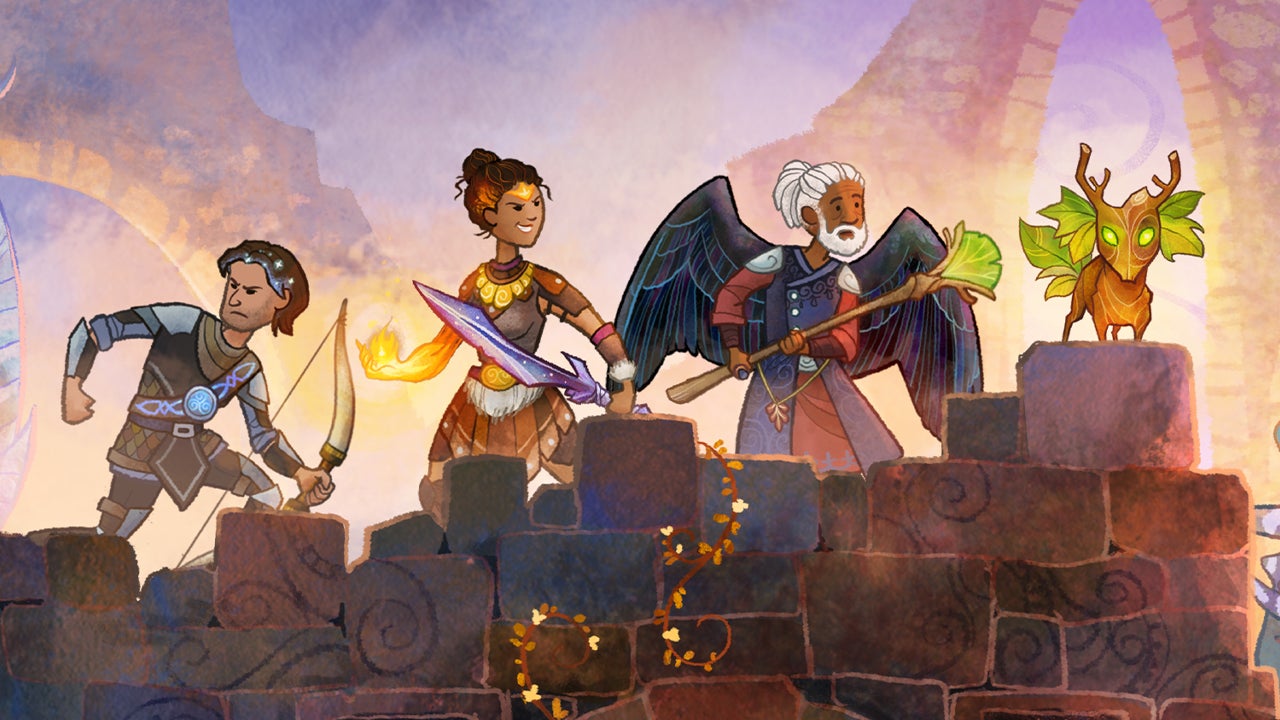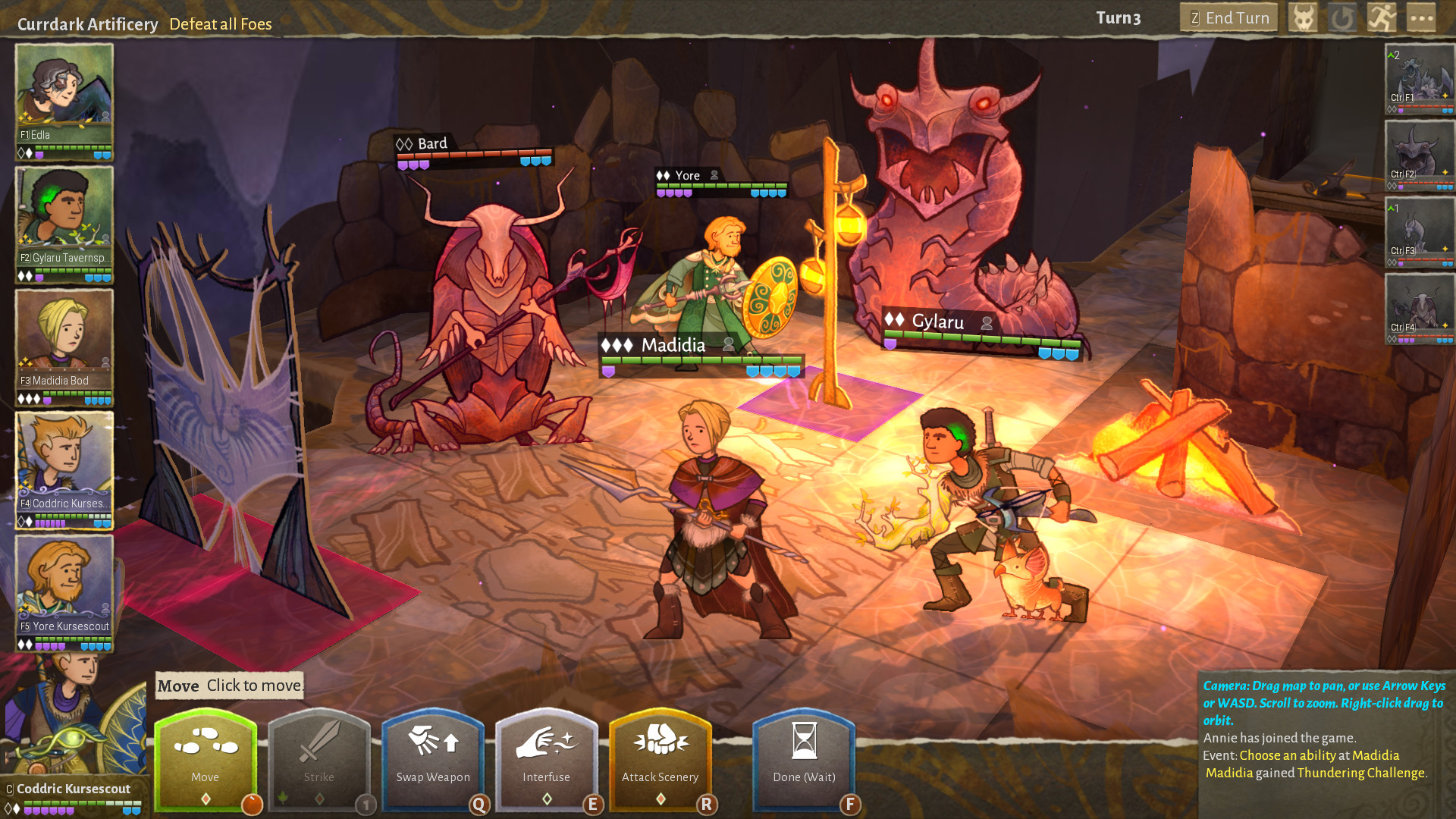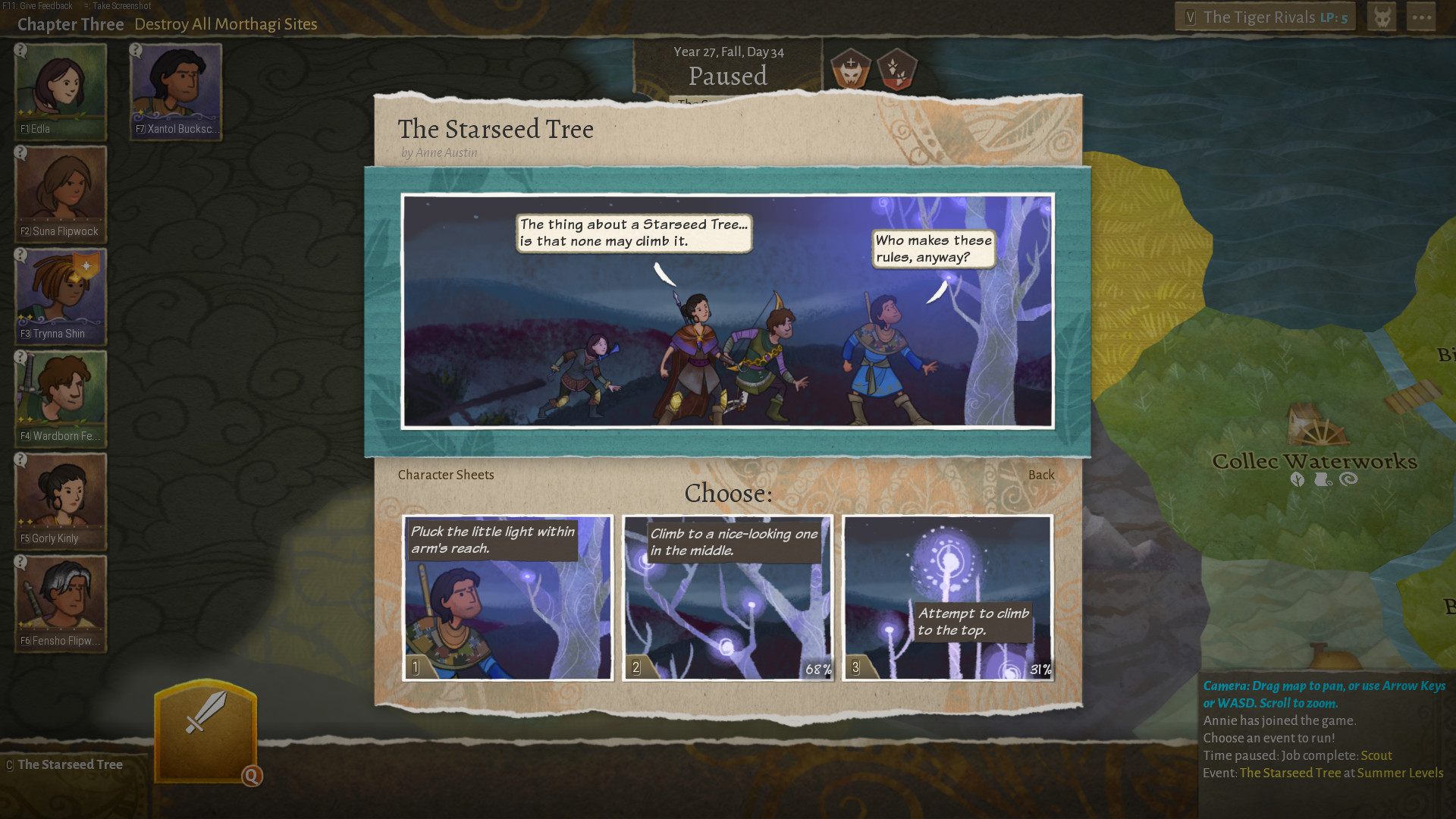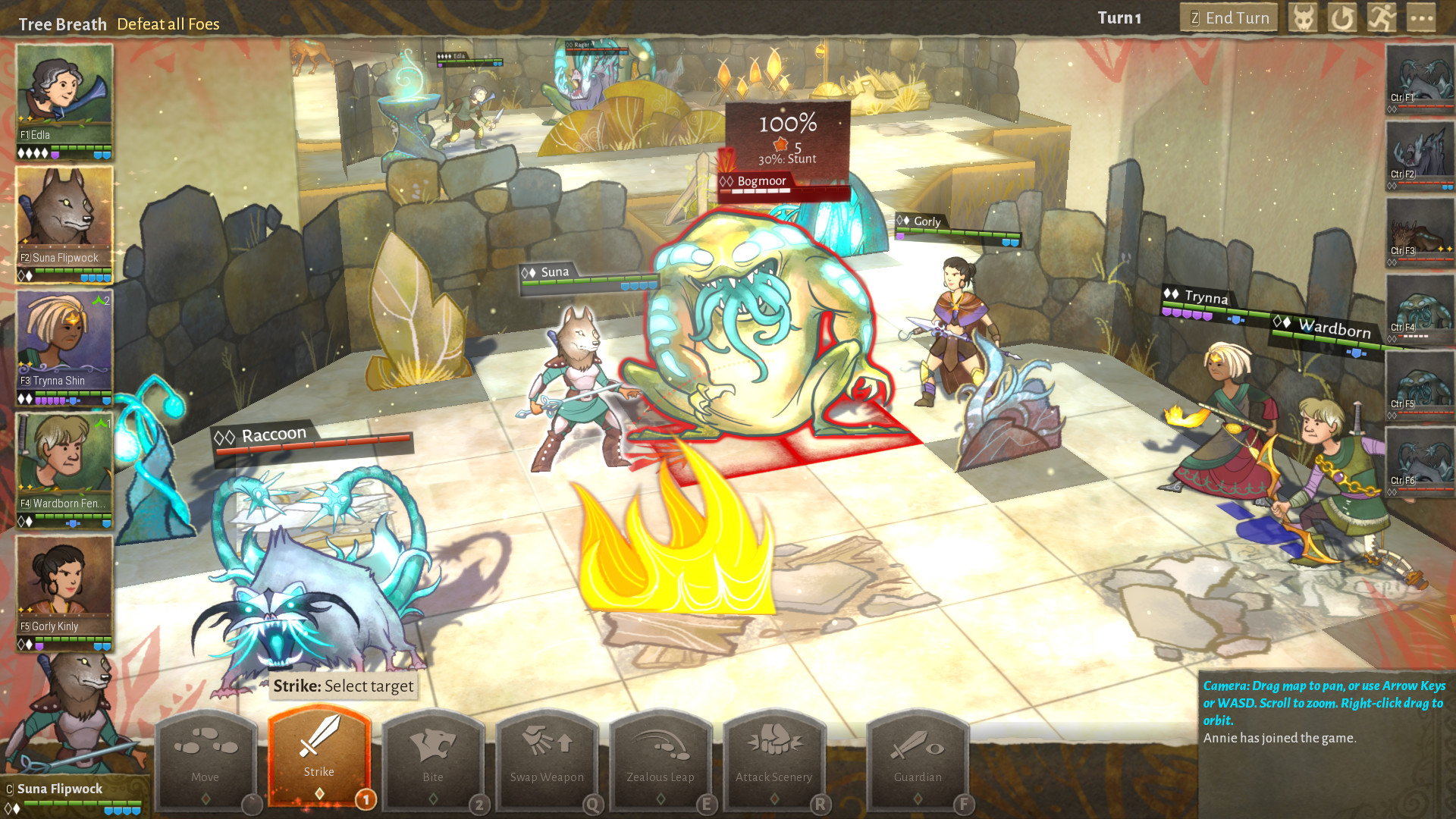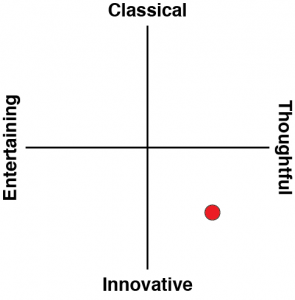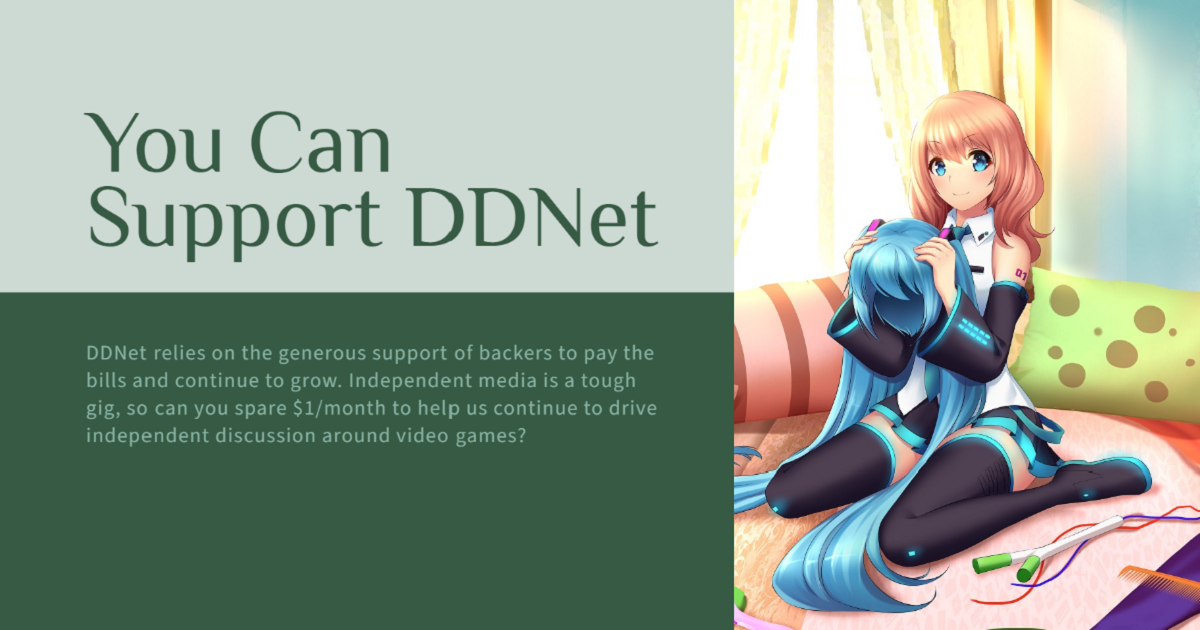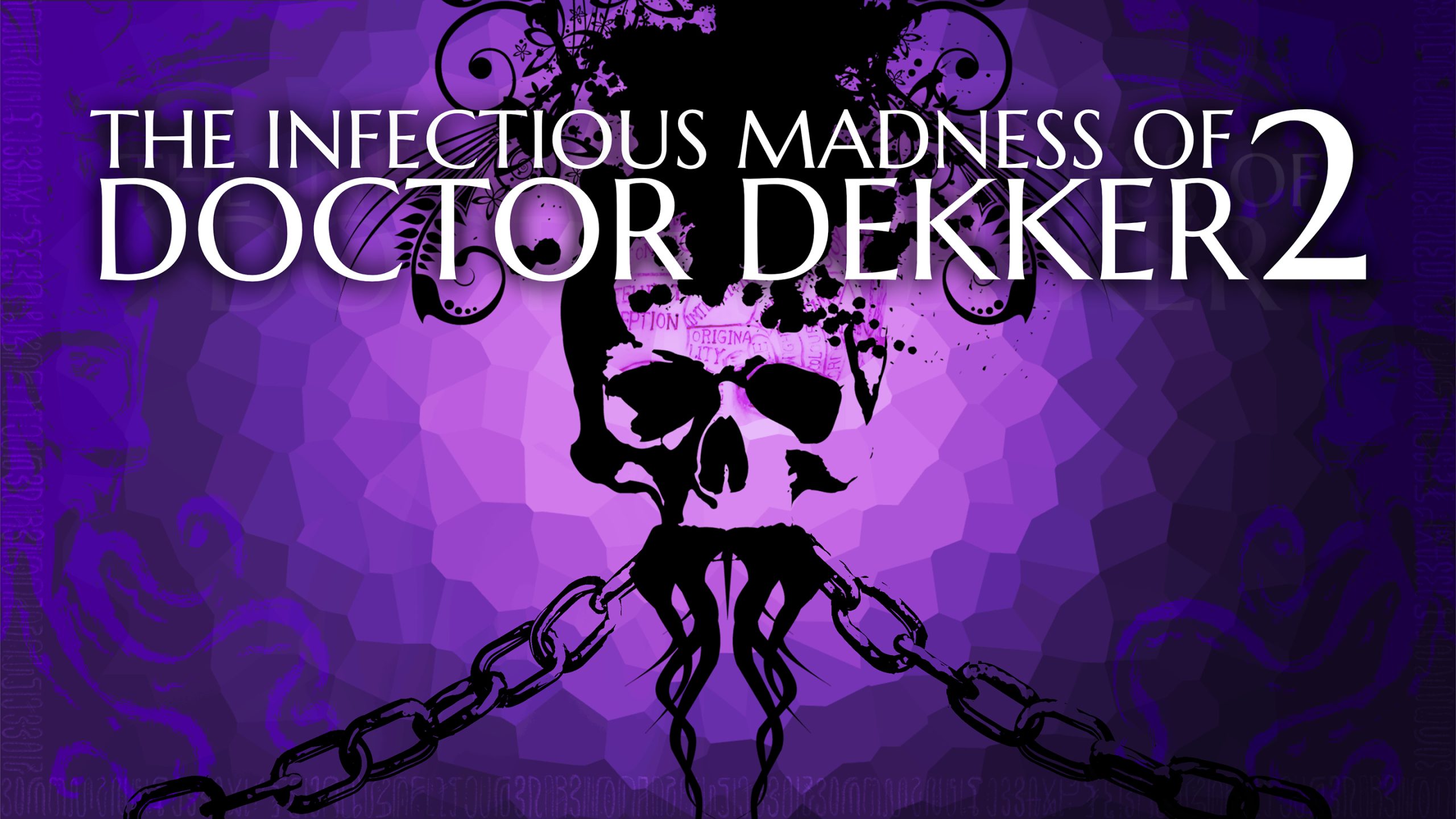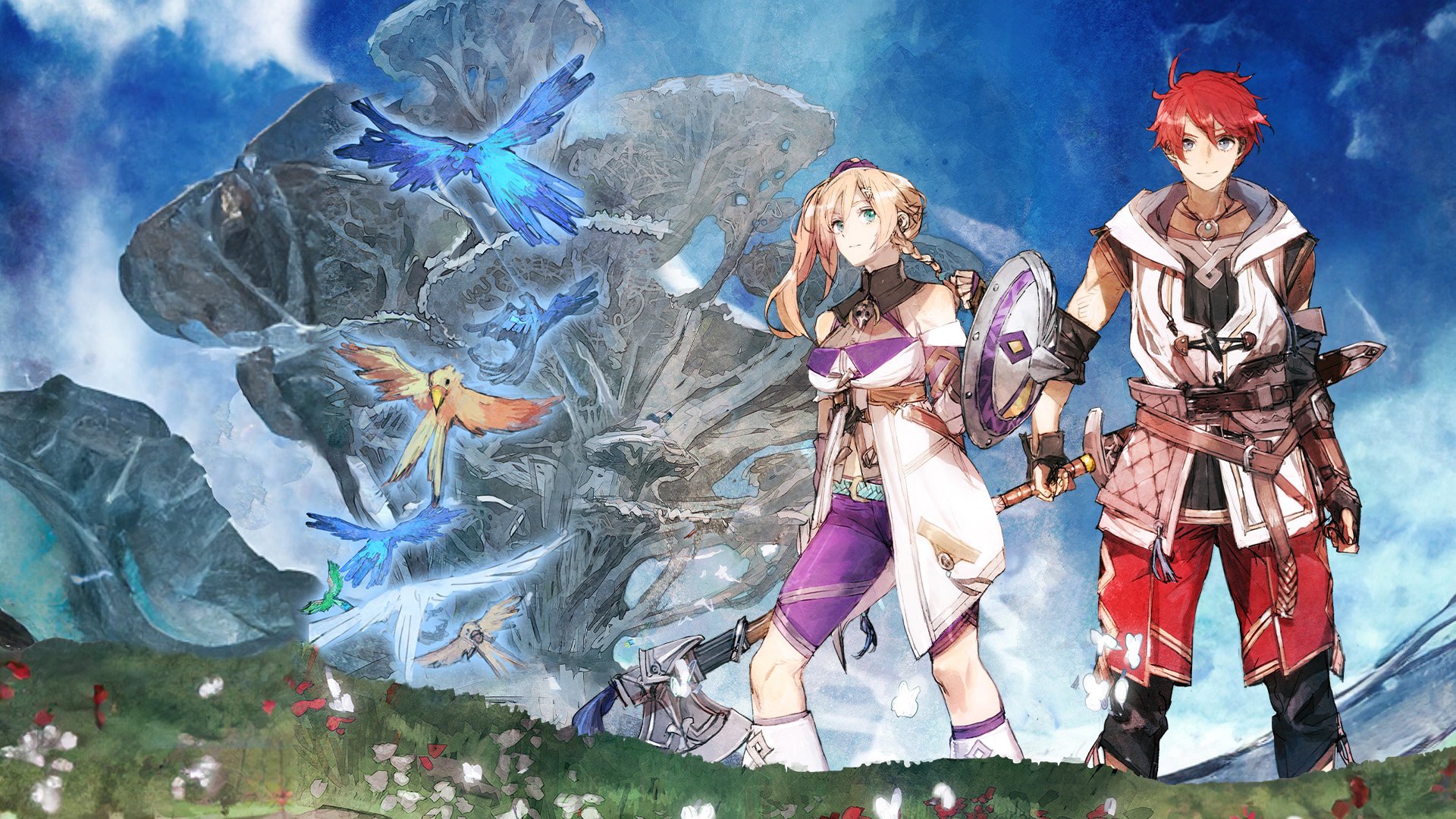At some point, someone sat down and decided to make an RPG which would be narrative-heavy, but it would be almost entirely emergent narrative. Where every plot direction and key moment was a consequence of the player’s actions. Where characters and their personalities would be entirely defined by player decisions, where situations would come down to the action (or inaction) by players and where the end fate of everything came down to your decisions. It’s more ambitious than you might think. Even decision-heavy RPGs are really just working off complex trees. We don’t often get a true effort at a procedural RPG story. But these developers took a swing at it and the end result of that ambition is Wildermyth. It is indeed ambitious.
I missed this release on PC for whatever reason, so the console port is my first experience of it. I’ve been playing this at the same time as my brother, and while we start the same scenarios, every time we’ve compared notes our stories have spun out in such a way that you would not have known that we started in the same place if you placed them side-by-side now. Based on the decisions that you make, characters will become friends, lovers or rivals. You may well have some leave the party to pursue some other goal. Others will fall in battle and that’s them done and dusted. Characters age, have children, and pass on their legacy, and all the while the narrative threads are spinning out further and further.
If you’re looking for an authored story, then you’re obviously not going to get that with Wildermyth. In fact, there doesn’t seem to be much of a coherent plot at all (other than “the world is evolving as your heroes do things… or don’t do things. Oh and there are monster threats.”). Individual blocks of text are hardly authored to rival Shakespeare, either. In fact, were it not for the fact that this game was released on PC before ChatGPT was a thing, I would absolutely be making assumptions about how a lot of the writing that I’ve been reading has been generated.
Playing Wildermyth opens up some interesting discussions about the role of narrative and the author in video games, especially now that ChatGPT would allow for a hypothetical Wildermyth 2 to do what the first has done, on steroids. So the question is, is this what we really want? Do we want authored narratives when we, as players, can have total control over the narrative? I’m playing Wildermyth side-by-side with Yakuza Kiwami on Switch, which is a very authored game, and personally, I don’t think that we should be so hasty to jump onto these AI tools and fire all the narrative writers just yet. There’s a depth and intelligence to a well-authored story that an experience like Wildermyth will never be able to achieve. Making the narrative development contingent on player actions means unlimited freedom and flexibility, but it also means that the artists can’t ever be sure of what you’re seeing, so they can’t be particularly complex with what they’re telling you, either. Wildermyth is like playing Dungeons & Dragons with a DM that is really good at improv. It’s an excellent, hugely entertaining experience, but because the DM is constantly responding and coming up with ideas on the fly, they’re also not developing them into anything with meaning.
On the other hand, as shallow as it is, of course, I love the expansive scope and the fact that every time I play Wildermyth I’m going to come across something that surprises me. This is now the third time I’ve played Yakuza Kiwami, and while I love the intensity and intelligence of its neo-noir fusion with Japanese eccentricity, it’s not surprising me anymore. I’ve already read this “book” and had this experience, and while re-reading it offers a warm feeling, it’s now familiar rather than exciting. I think we need both what Wildermyth offers and the authored experience, so we can enjoy what we’re in the mood for. Unfortunately I’m concerned that the industry is leaning heavily in one direction overall (no prizes for guessing which), but I do hope that we continue to get both.
Putting aside the story, Wildermyth plays wonderfully. It’s a turn-based RPG that superficially resembles XCOM. Each character has their own set of attacks and special abilities, and on their turn, you pick one or two of them to attempt to defeat the enemies that are arrayed before you. Battle areas tend to be small to keep combat running quickly, and the variety of the action is good because characters gain new abilities at a good clip as they level. After a while, you’ll have a finely tuned unit of allies with broad, complementary skills. This makes them deadly and resilient to most threats, but also makes it all the more painful when a veteran is removed from your available forces due to a story beat or particularly nasty hit from the enemy.
Between battles, there’s some light “empire management” where you need to conquer new territories, and then fortify and protect them from enemies. You also need to recruit more heroes, explore the world for artifacts and legends, and give characters that are wounded in combat a chance to recover. As light touch as these management elements are, they add another layer of mechanical complexity to Wildermyth, and overall this is a challenging game where you’ll never feel like you’re resourced enough to hold back the threats that are arrayed against you. Meanwhile, because injuries is so debilitating (and potentially deadly), you’re going to try to be very selective about the battles that you throw your characters into, and you’re certainly going to want to try to fight from the strongest and most defensible position you can.
In many ways, Wildermyth feels like the “anti-roguelike” indie project for this reason. Where the typical roguelike rewards aggressive play by making sure there’s almost no consequence to failure, doing ill-advised, risky things in Wildermyth can result in you having to restart the entire campaign again. Of course, there’s also every chance that a corrupted save will do that to you…
Unfortunately, the Wildermyth port on Switch is plagued with a biblical level of bugs, and they are not just amusing ones. Within the first couple of seconds of play, I ran into a bug that turned a sprite representing some flame into a LSD trip wall of colour. That one was fun. It was substantially less fun when the crashes started, and while I’ve been lucky so far, my brother had a save corruption that ruined his game. Save fast and often, but be prepared that even that might not save you. The publisher has come out and said that they’re working on patches, which is great, but this game is so fundamentally bugged that you’re going to be left wondering whether it’s even possible to get it to 100% stable.
I don’t usually like marking a game down for bugs, because when the patches come in the review becomes dated. However, Wildermyth really is a bad example of bugs letting the experience down to the point that the game, as wonderful and moreish as it is, is difficult to recommend right now. Add a point to this score in a few months when, in theory, the worst of its crippling bugs have been patched out, and then settle in for the perfect tabletop RPG experience when you haven’t got friends around to play a real session of Dungeons & Dragons with you.
